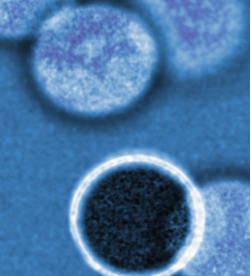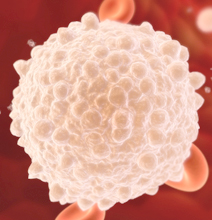Targeted therapies

Together with chemotherapy and hormonal therapy , targeted therapies are now one of the most important types of cancer treatment.
This type of treatment is particularly efficient because it specifically targets and blocks the growth and spread of cancer cells, minimizing the damage to healthy cells.
This means there are fewer side effects. Target therapies do this by aiming at the molecules or biological mechanisms crucial for the tumor survival and growth.
Targeted therapies are normally given together with chemotherapy, but can also be used alone or with other types of drugs. When administered with other treatments they act in synergy to increase their efficacy.
In the last two decades, research to identify the molecular mechanisms of cancer has led to the development of new drugs interfere with these same mechanisms. Trastuzumab (Herceptin®) was the first of these drugs. Commercialized in 1998 it targets HER2, treating a type of breast cancers that produce too much HER2 . Lapatinib is another targeted breast cancer drug against the same cancers.
Being such a promising area of medicine, there are now multiple ongoing research studies and clinical trials .
More targeted therapies will be available in the future.





